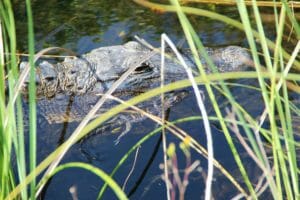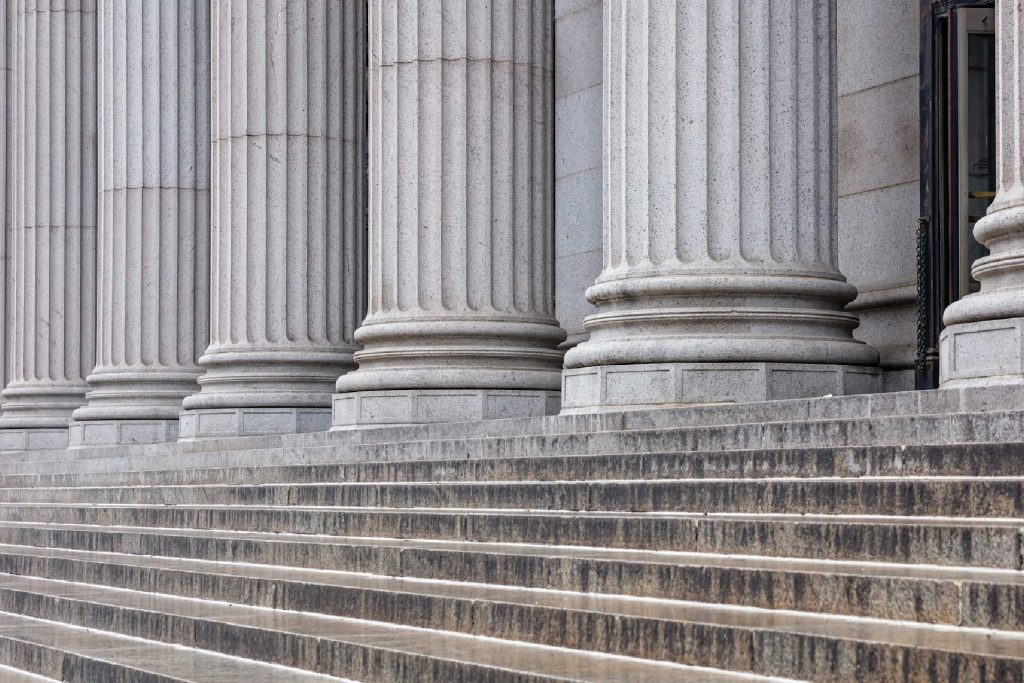
When it comes to premises liability, an owner of a property has a responsibility to use reasonable care to ensure that his or her property is safe for those who enter it. When you add the variable of wild animals on the property, it can seem difficult for a property owner to predict when there is a danger and when there is not. However, there are some situations in which the property owner can be held liable for serious injury or death caused by a wild animal on their premises.
Property Owners and Wild Animal Liability
Land owners do not generally have an obligation to warn others about the dangers of animals in their natural habitat, but an owner must exercise ordinary care in maintaining their property at all times, including removing items that knowingly attract dangerous animals. With any kind of premises liability, an owner must do his part to discover dangerous conditions and protect visitors from those conditions in a reasonable way.
While landowners may not be responsible for the actions of wild animals in many situations, an owner may face increased liability if he or she has taken possession of the wild animal, or has introduced an animal that is not indigenous to that habitat. If the animal is in an enclosed structure or harbored by the landowner, the property owner may be liable for any harm the animal causes to someone else.
Additionally, an owner can be negligent if there is evidence that suggests the owner knew about the reasonable risk of harm posed by the wild animal, but did nothing to warn or protect visitors to the property, or mitigate the threat through actions such as removing human food sources from the property.
HOAs and Animal Liability
Because Homeowners Associations (HOAs) have a responsibility to maintain the common areas in communities, they also have an obligation to act in due care when providing a safe environment for residents of the community they control. There could be liability against an HOA if it is proven that the HOA did not provide reasonable safety measures to prevent harm to a homeowner or visitor.
With regards to wild animals in the community, an HOA can reduce liability if there are clearly marked signs signaling the danger of the animal, or if they create and enforce measures to reduce the risk of the animal being present in the common areas they control, such as by securing trash and providing timely disposal of human-generated food sources that may be attracting the animal to the property.
Usually HOAs and homeowners carry liability insurance, but it is possible that these policies do not cover animal attacks. It’s important to check your policy to see if animal attacks are listed as a covered event if you live in an area that is prone to wild animals wandering onto properties.
In any case where a property owner has been negligent in using reasonable care to ensure the safety and security of his property, and someone has been injured due to his negligence, it’s important for the injured party to contact an experienced premises liability attorney. A local Miami attorney can help determine whether the property owner was liable for the damages incurred in the incident, and if the injured party is owned financial compensation for his or her losses.
References:
Lions, Tigers, and Bears, Oh My! Owner and HOA Liability for Wild Animal Attacks. (n.d.). Retrieved November 14, 2017, from https://floridabar.org/news/tfb-journal/?durl=%2Fdivcom%2Fjn%2Fjnjournal01.nsf%2F8c9f13012b96736985256aa900624829%2Fa82880e71cc5403d852581c500608ea3
